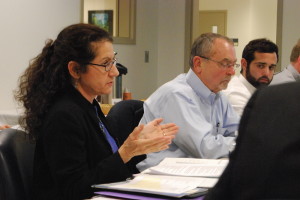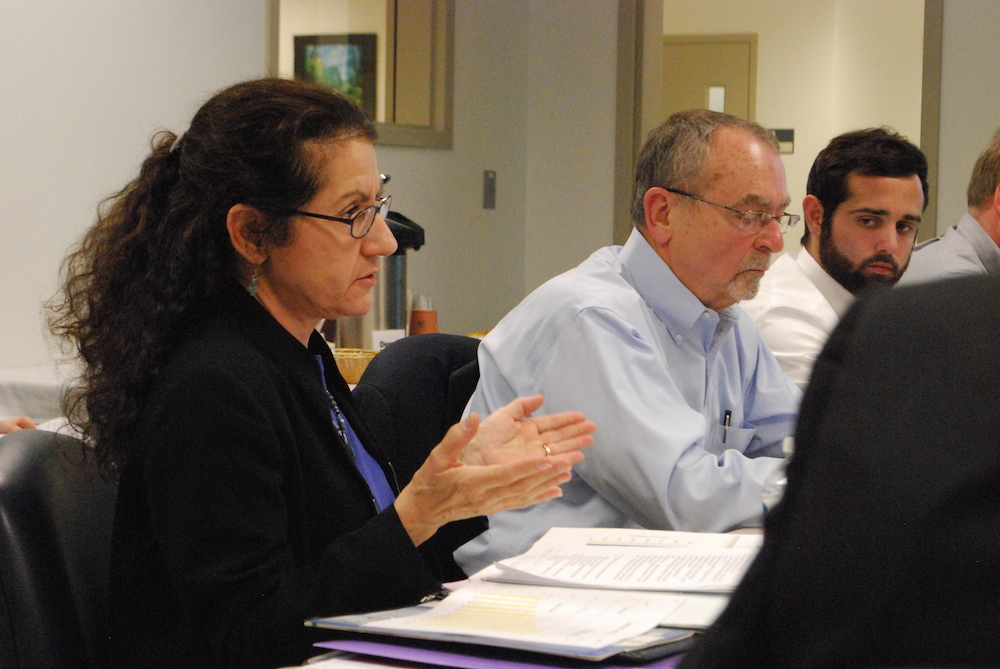Tuition Hike Unrelated to Low Enrollment

REID HARMAN | THE HARBINGER
EAST PEORIA ― Illinois Central College has continued its long trend of annually raising tuition even as enrollment has hit its lowest point in 40 years, but the college stated that enrollment isn’t what necessitated the price hike.
On March 20, the ICC board of trustees officially voted (6 – 2) to increase tuition from the 2013-2014 rate of $115 per credit hour to $125 per credit hour beginning this fall.
This is as enrollment has fallen to 10,060 students this semester. This is down from the recent peak of 13,078 in fall 2010 and the lowest semester head count at ICC since the academic year of 1973-1974.
One could draw a correlation between the drop in enrollments and rising tuition. However, Dr. William Tammone, Provost of ICC, said that the tuition is not what is causing the dip in admissions.
“Being an open-door institution, our [enrollment] numbers rise and fall primarily based on the economy. We adjust by either increasing or decreasing our hiring of adjunct faculty,” said Tammone. So in a sense, a drop in enrollment – like we’re seeing now – does impact the amount of revenue coming to the college through tuition, but at the same time our costs are lower because we have to offer fewer class sections and therefore hire fewer faculty to teach those classes.”
“What’s impacting tuition much more is the decreasing state support that we’ve been receiving over the years,” said Tammone. “Everywhere across the country, states are not supporting higher education like they used to. And unfortunately, the only way to offset that decrease in state support is by increasing revenue elsewhere, and the only other options we have for increasing revenue would be property taxes or tuition.”
Illinois community colleges were originally designed to be funded equally by state funds, property taxes and tuition. However, the state has slowly lessened its contributions since 2001.
“Over time, the amount of reimbursement from the state has moved, obviously, from 33 percent at its high to now down to just under 14 percent,” said Bruce Budde, executive vice president for administration and finance at ICC.
Budde went on to say that if the state began paying their full share, ICC’s tuition could be lowered to around $75.
In the 13 years since the state began to fall short on funding, tuition has increased 281 percent. Tammone insists that these increases aren’t done lightly, though.
“The board of trustees is always very rightfully concerned about increasing tuition,” said Tammone. “They don’t want tuition to be an obstacle to higher ed, but there are ongoing costs that we need to be concerned about to ensure that students are not only getting an education of any kind but a quality education that prepares them for today’s world.”

